RESOURCES
Blog
News and notes from the Clark Fork watershed.
-
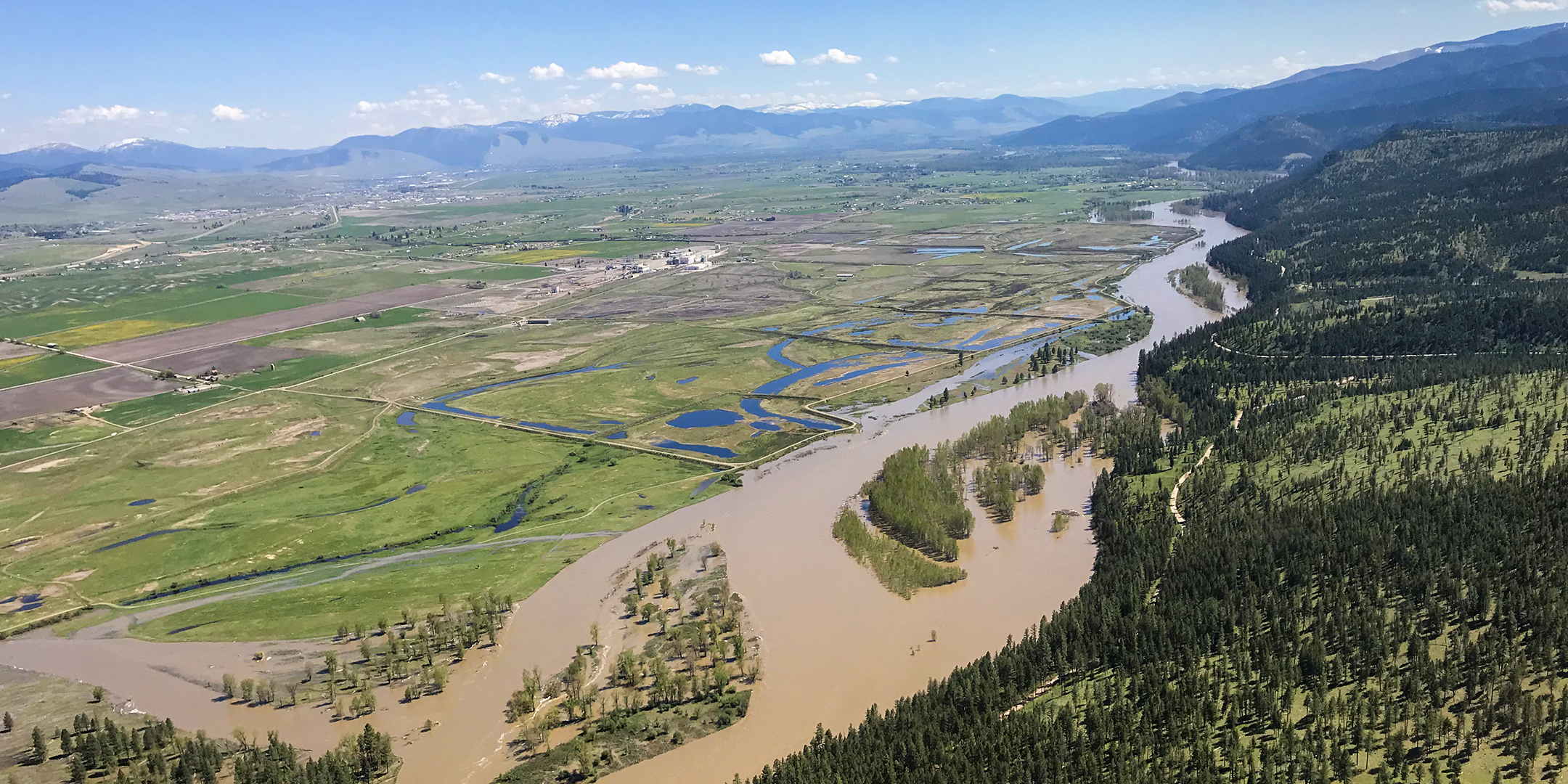 River News & Brews: When the Berm FailsTuesday, June 18 | 6-7:30pm | Alberton Community Center RSVP HERE The only thing separating the Clark Fork River from ill-constructed holding ponds brimming with toxic waste at the abandoned Smurfit-Stone pulp mill site is a shoddy, permeable berm that stretches on for four miles. If that berm failed,…
River News & Brews: When the Berm FailsTuesday, June 18 | 6-7:30pm | Alberton Community Center RSVP HERE The only thing separating the Clark Fork River from ill-constructed holding ponds brimming with toxic waste at the abandoned Smurfit-Stone pulp mill site is a shoddy, permeable berm that stretches on for four miles. If that berm failed,… -
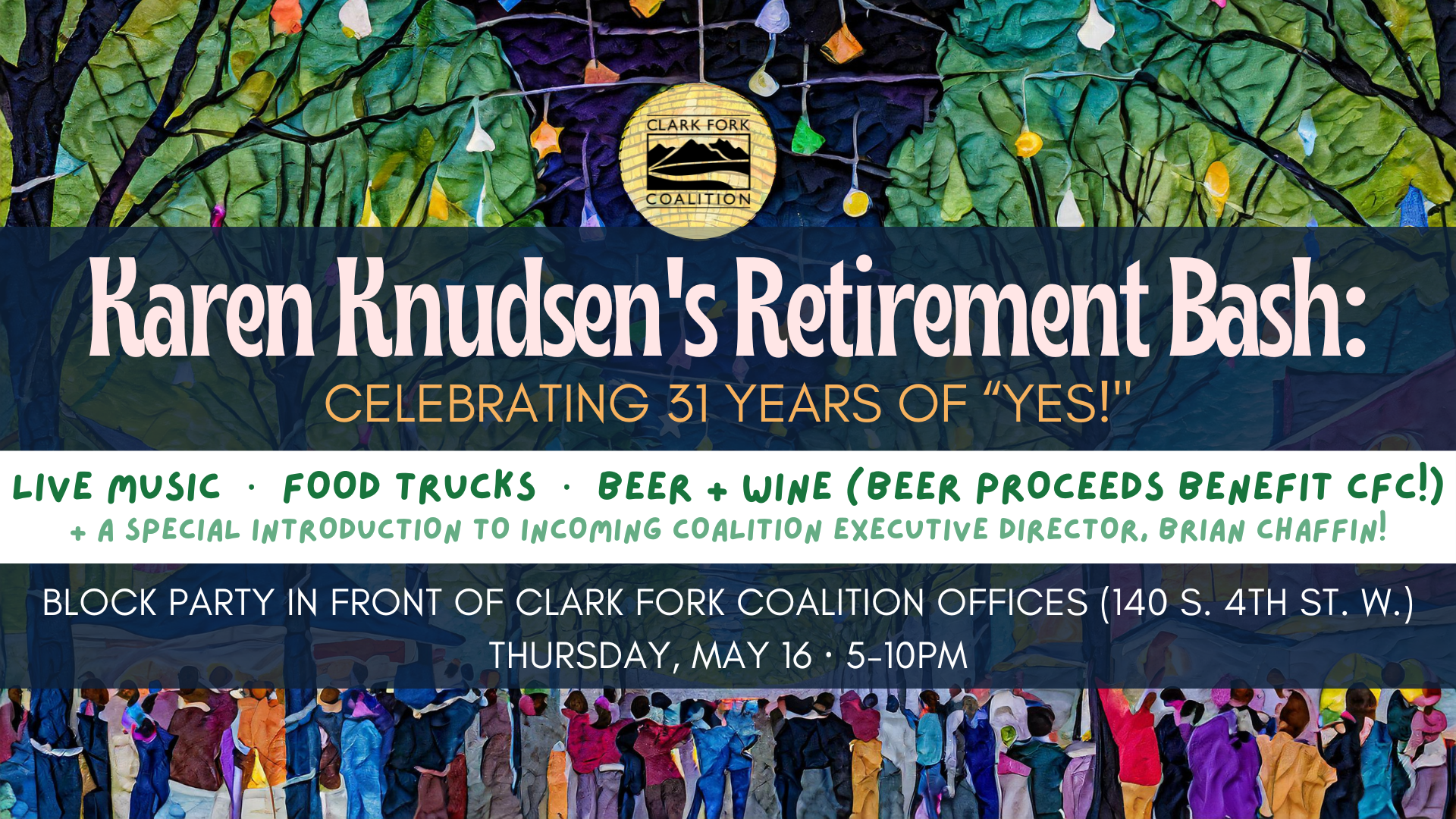 Karen Knudsen’s Retirement Bash: Celebrating 31 Years of “YES!”Thursday, May 16 · 5 – 10pm MDT Live music, local food trucks, drinks, and an introduction to incoming Executive Director, Brian Chaffin! RSVP HERE Join us in celebrating this extraordinary leader and human as she journeys beyond a career marked by positive impact, deep personal connections, and saying YES!…
Karen Knudsen’s Retirement Bash: Celebrating 31 Years of “YES!”Thursday, May 16 · 5 – 10pm MDT Live music, local food trucks, drinks, and an introduction to incoming Executive Director, Brian Chaffin! RSVP HERE Join us in celebrating this extraordinary leader and human as she journeys beyond a career marked by positive impact, deep personal connections, and saying YES!… -
 Meet CFC’s new Executive Director!After an intensive and thoughtful candidate search, we are beyond thrilled to announce that CFC staff and board have appointed Dr. Brian Chaffin as the new Executive Director of the Clark Fork Coalition, succeeding current Executive Director Karen Knudsen after her 17 years at the helm and 31 at the…
Meet CFC’s new Executive Director!After an intensive and thoughtful candidate search, we are beyond thrilled to announce that CFC staff and board have appointed Dr. Brian Chaffin as the new Executive Director of the Clark Fork Coalition, succeeding current Executive Director Karen Knudsen after her 17 years at the helm and 31 at the… -
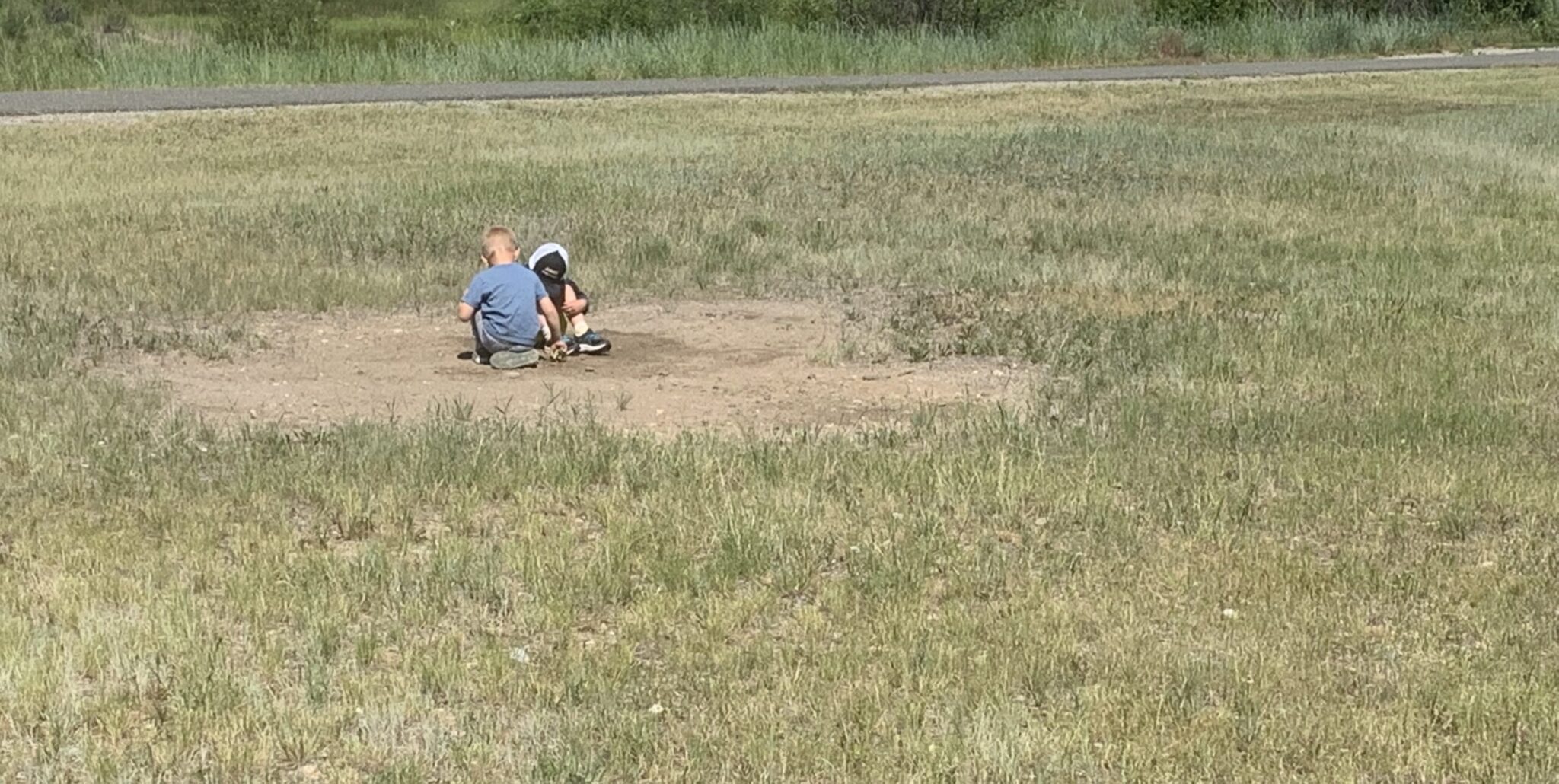 Deer Lodge Community Deserves a Safe & Clean Arrowstone ParkAs advocates for the Clark Fork River and the communities that it supports, we believe that the ongoing Superfund work in the headwaters represents a once-in-a-lifetime opportunity for cleanup and restoration. While we might occasionally disagree with decision makers about how cleanup should be accomplished, there are a few underlying…
Deer Lodge Community Deserves a Safe & Clean Arrowstone ParkAs advocates for the Clark Fork River and the communities that it supports, we believe that the ongoing Superfund work in the headwaters represents a once-in-a-lifetime opportunity for cleanup and restoration. While we might occasionally disagree with decision makers about how cleanup should be accomplished, there are a few underlying… -
 A New Season for Clark Fork CoalitionDear Friends, Organizations are a lot like rivers. They don’t stand still. They move and shift. They cut new channels. They have seasonal flows. As the Clark Fork River went about its summer business of moving snowmelt through western Montana, the Clark Fork Coalition (CFC) was busy with its own…
A New Season for Clark Fork CoalitionDear Friends, Organizations are a lot like rivers. They don’t stand still. They move and shift. They cut new channels. They have seasonal flows. As the Clark Fork River went about its summer business of moving snowmelt through western Montana, the Clark Fork Coalition (CFC) was busy with its own… -
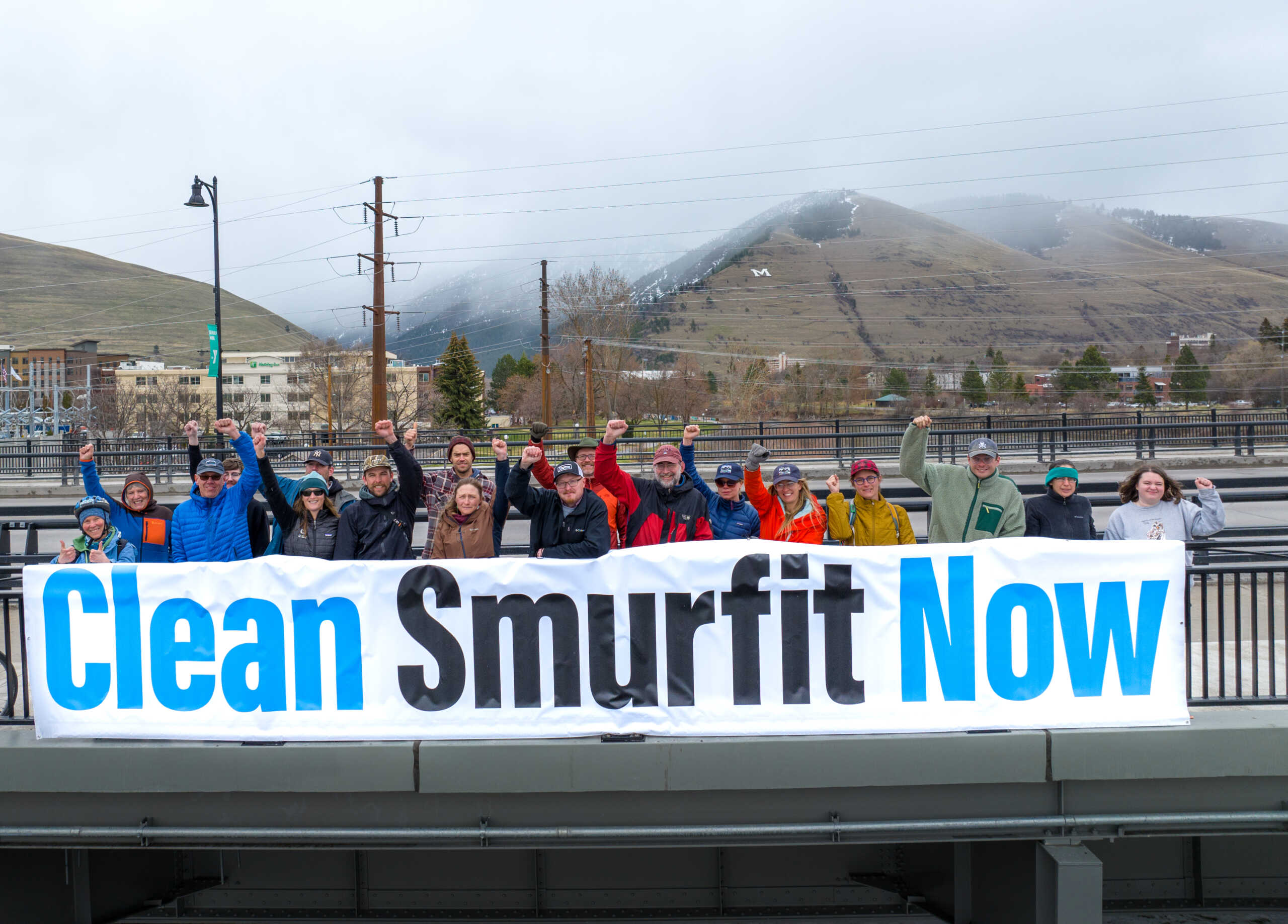 The Mess at Smurfit-StoneA Living River, A Toxic Legacy Situated in the heart of the ancestral homelands of the Salish, Kalispel, and Ksanka peoples, the Clark Fork River plays an important part not only in the history of the region, but also in the present and future…
The Mess at Smurfit-StoneA Living River, A Toxic Legacy Situated in the heart of the ancestral homelands of the Salish, Kalispel, and Ksanka peoples, the Clark Fork River plays an important part not only in the history of the region, but also in the present and future… -
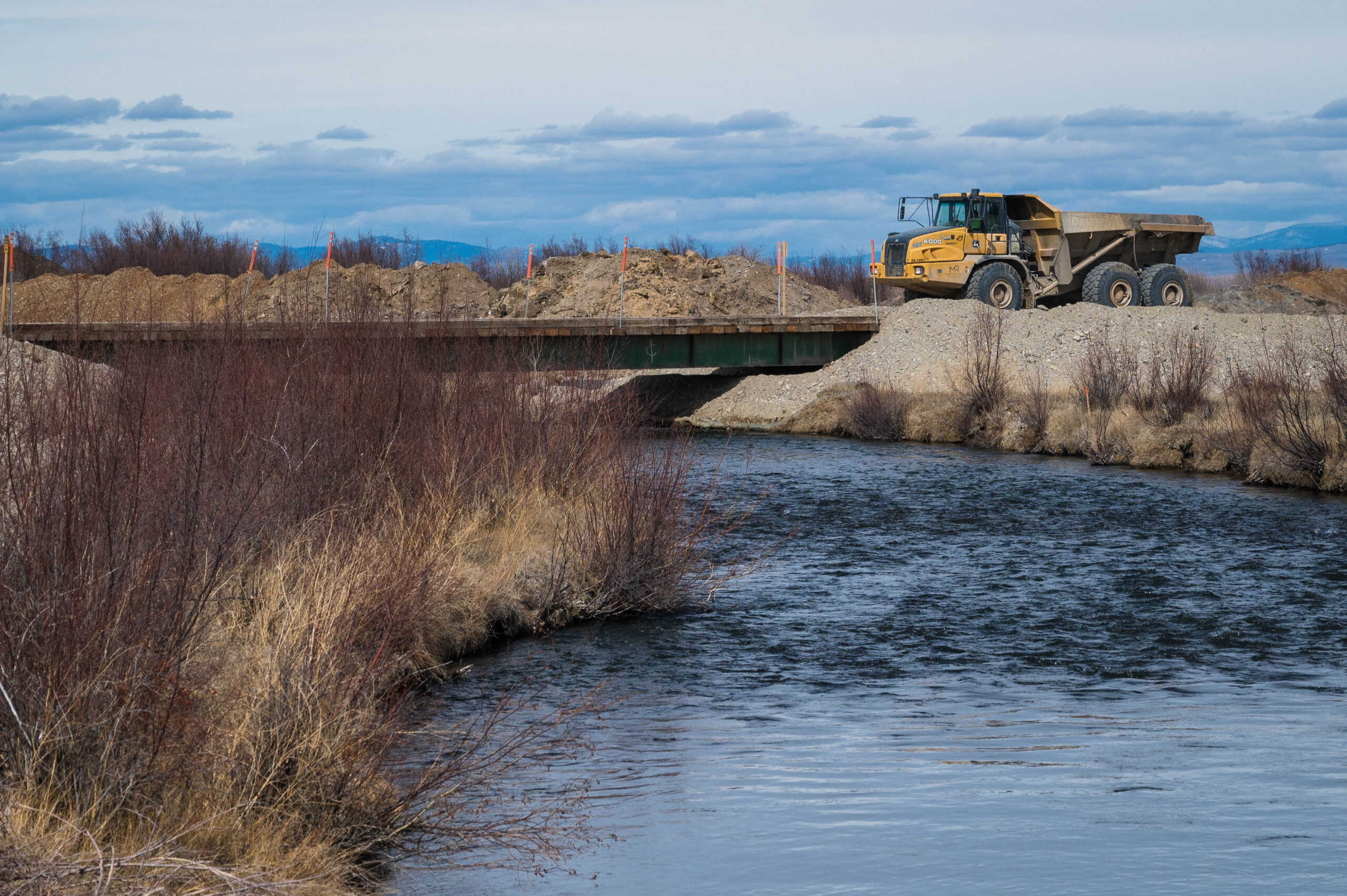 Public Comments Open on Upper Clark Fork Strategic PlanThe State of Montana’s Superfund cleanup of legacy mining pollution from the upper Clark Fork River corridor – between Warm Springs Creek and Garrison – has been underway for 13 years. In that time, the State has removed metals-laced soils from roughly 14 of the project’s 47 river miles and…
Public Comments Open on Upper Clark Fork Strategic PlanThe State of Montana’s Superfund cleanup of legacy mining pollution from the upper Clark Fork River corridor – between Warm Springs Creek and Garrison – has been underway for 13 years. In that time, the State has removed metals-laced soils from roughly 14 of the project’s 47 river miles and… -
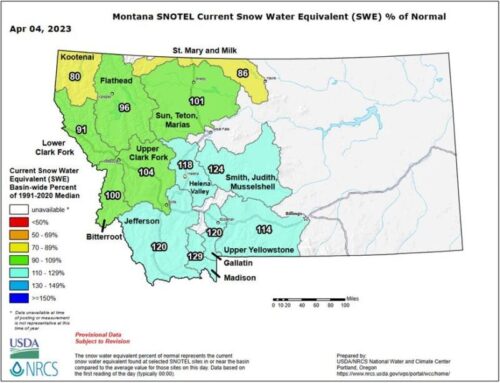 Peak Snow Water Equivalent SeasonHappy peak SWE (snow water equivalent) season! For those of us who really like to nerd out on the climate data, this time of year is always exciting. Most mountainous locations in western Montana experience peak levels of snowpack accumulation anywhere from mid-March through mid-May (largely dependent on elevation) but…
Peak Snow Water Equivalent SeasonHappy peak SWE (snow water equivalent) season! For those of us who really like to nerd out on the climate data, this time of year is always exciting. Most mountainous locations in western Montana experience peak levels of snowpack accumulation anywhere from mid-March through mid-May (largely dependent on elevation) but… -
 Once-in-a-Lifetime Opportunity to Help America’s WildlifeIt’s been 15 years in the making and when it’s done, it will be one of the biggest funding boosts to help wildlife and their habitats in many, many decades. The federal bipartisan Recovering America’s Wildlife Act (RAWA) will help conserve fish and wildlife in every state in the country,…
Once-in-a-Lifetime Opportunity to Help America’s WildlifeIt’s been 15 years in the making and when it’s done, it will be one of the biggest funding boosts to help wildlife and their habitats in many, many decades. The federal bipartisan Recovering America’s Wildlife Act (RAWA) will help conserve fish and wildlife in every state in the country,… -
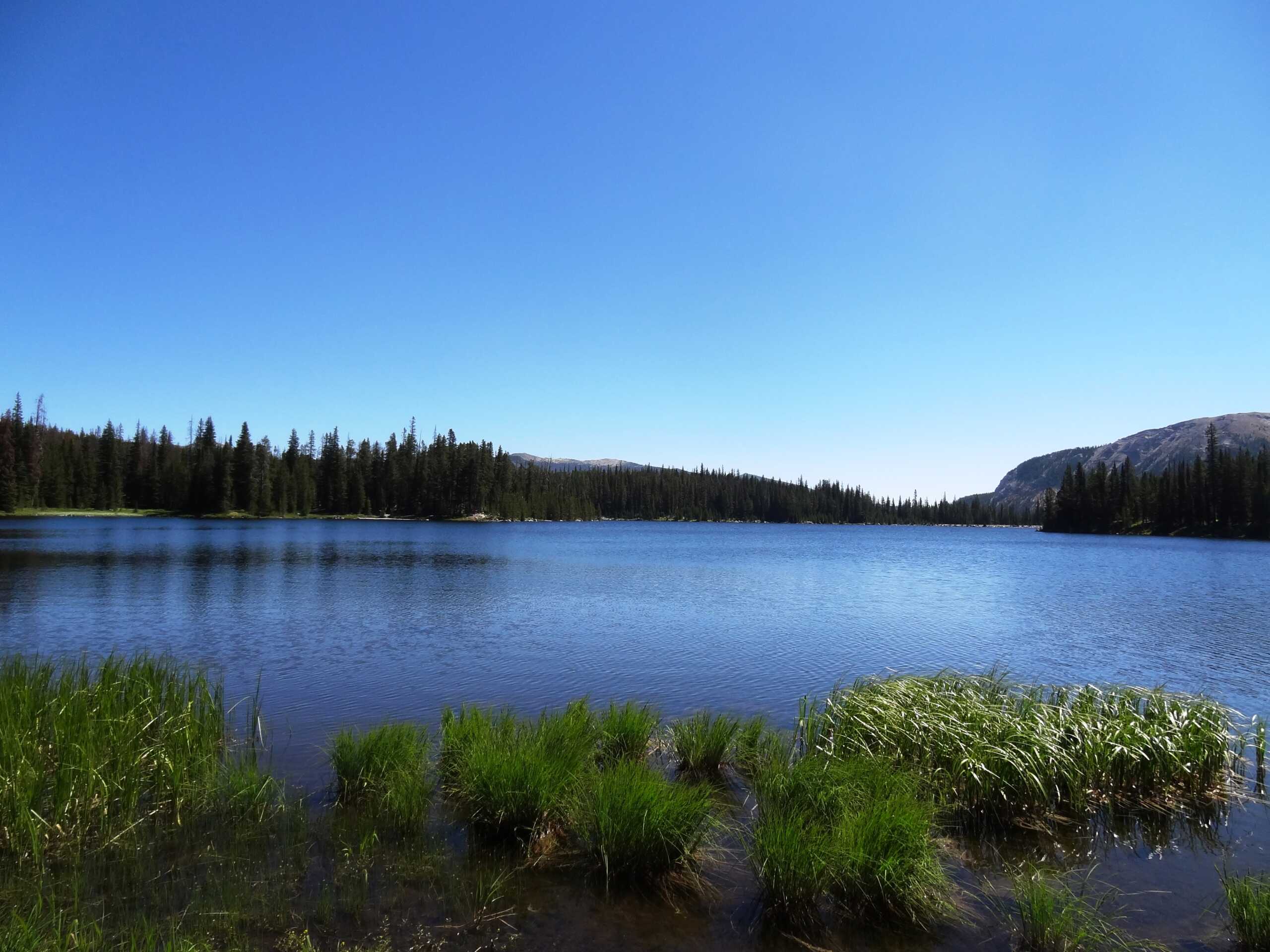 Racetrack Creek Finally Has Chance to Connect to Clark Fork Riverby Andrew Gorder “The plaintiffs are owners of lands requiring irrigation, which could be served by Racetrack Creek, were the waters of the stream sufficiently copious. […]. Conceiving that an ample supply of water might be obtained if the surplus flood and waste waters of the…
Racetrack Creek Finally Has Chance to Connect to Clark Fork Riverby Andrew Gorder “The plaintiffs are owners of lands requiring irrigation, which could be served by Racetrack Creek, were the waters of the stream sufficiently copious. […]. Conceiving that an ample supply of water might be obtained if the surplus flood and waste waters of the… -
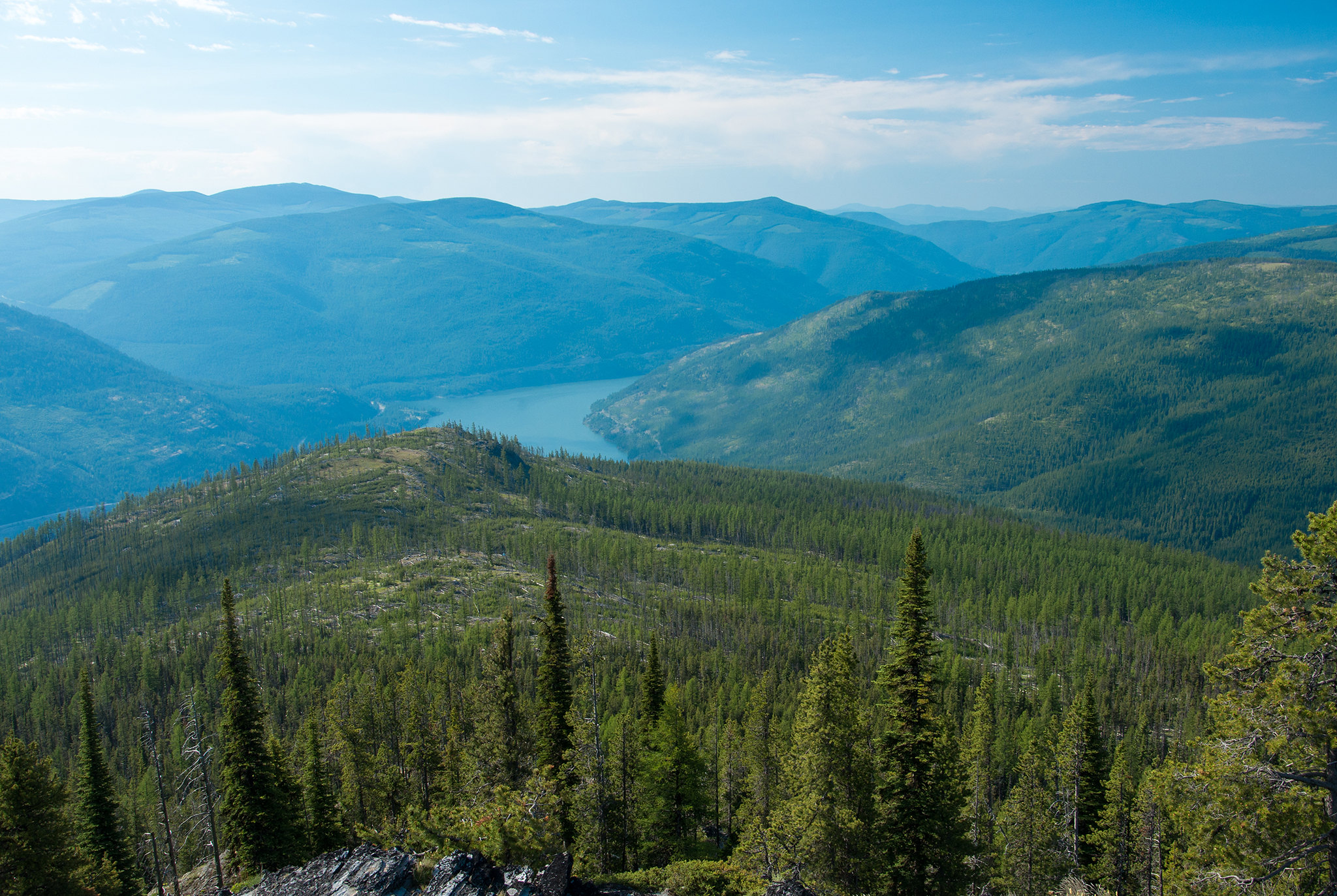 Commissioners weaken selenium standardby David Brooks, executive Director, Montana Trout Unlimited; Andrew Gorder, legal director, Clark Fork Coalition; Ellie Hudson-Heck, conservation assistant, Idaho Conservation League; Derf Johnson, Clean Water Program director and staff attorney, Montana Environmental Information Center Commissioners not telling the truth about selenium standard As the adage goes: everyone is entitled…
Commissioners weaken selenium standardby David Brooks, executive Director, Montana Trout Unlimited; Andrew Gorder, legal director, Clark Fork Coalition; Ellie Hudson-Heck, conservation assistant, Idaho Conservation League; Derf Johnson, Clean Water Program director and staff attorney, Montana Environmental Information Center Commissioners not telling the truth about selenium standard As the adage goes: everyone is entitled… -
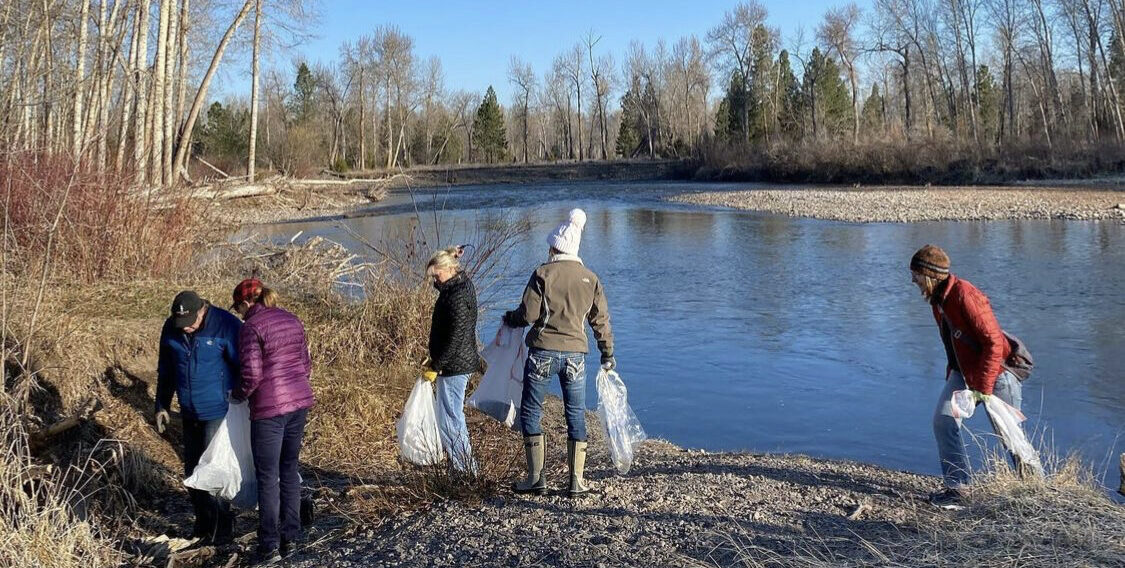 Clark Fork Litter Is a Global Issueby Sam Dwyer I’ve spent 94.9% of my life in Montana, but a few years ago I had an opportunity to work at an international school in the Middle East. When I moved to Oman, one of the most striking cultural differences wasn’t the Arabic language or the abayas—there…
Clark Fork Litter Is a Global Issueby Sam Dwyer I’ve spent 94.9% of my life in Montana, but a few years ago I had an opportunity to work at an international school in the Middle East. When I moved to Oman, one of the most striking cultural differences wasn’t the Arabic language or the abayas—there…
